Popular on Food52
9 Comments
filouthepipou
July 2, 2020
this article was really helpfull. i was looking to finally use alcohol in my meat dishes but didnt really knew where to start ,thanks a lot hillary pollka !
LWildy
May 10, 2020
In reading the comments below, I was bored. If you're a recovering alcoholic, then obviously you won't be considering adding the alcoholic to your food but this article isn't about Alcoholics, it's about how to enhance the flavor of the food you are cooking by using alcohol and what flavor the different types of alcohol add to the food, while the effects of alcohol when you drink it, are cooked out of it.
Try braising your cheaper or tougher meats in TEQUILA, for about 2 hours. That flavor is really good. I am trying to figure out if I should use Bourbon or Manischewitz to braise lamb shanks( lamb rib chops). I think I would like a moist meat, while the flavor should have a slight sweetness to it? but not like sugar, more like when you taste a hint of cognac in your shellfish broth. Any advice?
Try braising your cheaper or tougher meats in TEQUILA, for about 2 hours. That flavor is really good. I am trying to figure out if I should use Bourbon or Manischewitz to braise lamb shanks( lamb rib chops). I think I would like a moist meat, while the flavor should have a slight sweetness to it? but not like sugar, more like when you taste a hint of cognac in your shellfish broth. Any advice?
Lucian
October 3, 2017
I thoroughly enjoyed the article, something different, and isn't that what cooking is about? So in 3 minutes, I took away 5 ideas that just made my menu that much more interesting 👌🏼👌🏼....... Thank you for sharing
Virginia S.
February 15, 2016
What effect does cooking with alcohol have on young children who consume it time after time??
Yvette00489
May 19, 2015
Cooking with alcohol has been fun and at the same time one should be very careful. Alcohol boils at a lower temperature than water so much of the alcohol used in cooking is burned off, leaving only the flavor of the wine, beer, or spirits used. Diabetic people can avoid cooking with alcohol since it may affect their sugar levels. My dad was an alcoholic and used to consume a lot. Now he is able to limit his consumption with help of addiction treatment center reviews ( http://www.canadarehabreviews.com/rehab-programs/ ) he read. This actually helped a lot with his diabetics too.
sexyLAMBCHOPx
March 4, 2015
Good article, but I think How to Cook WITHOUT alcohol would be great. For those cooking for recovering alcoholics and religious & health restrictions..
Frank G.
March 8, 2015
Actually the alcohol leaves the food being cooked at about 140 degrees so unless you put the liquor on after the cooking is over, there is not alcohol left-just the flavor of the wine, beer or whatever you're using.
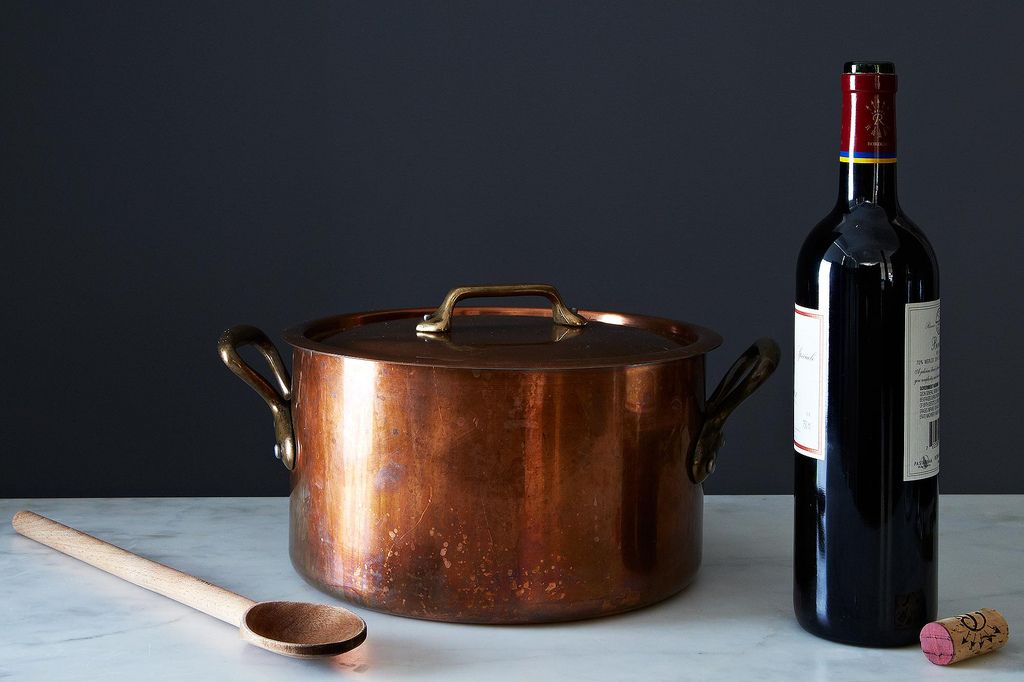
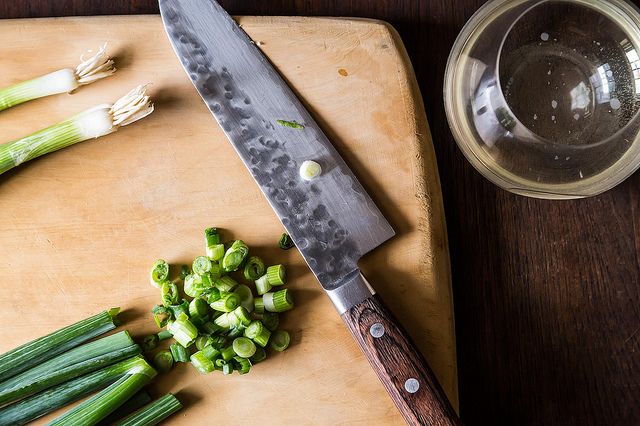
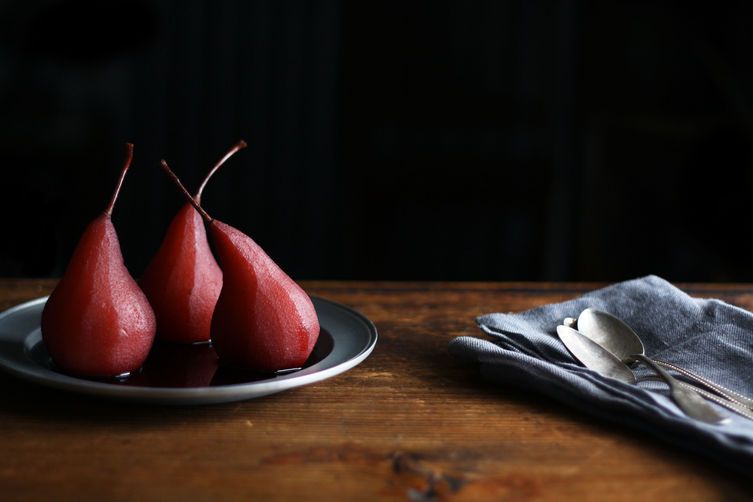
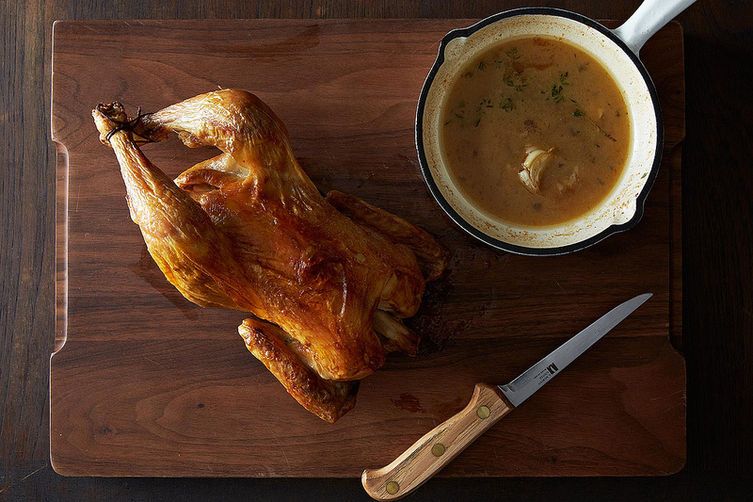
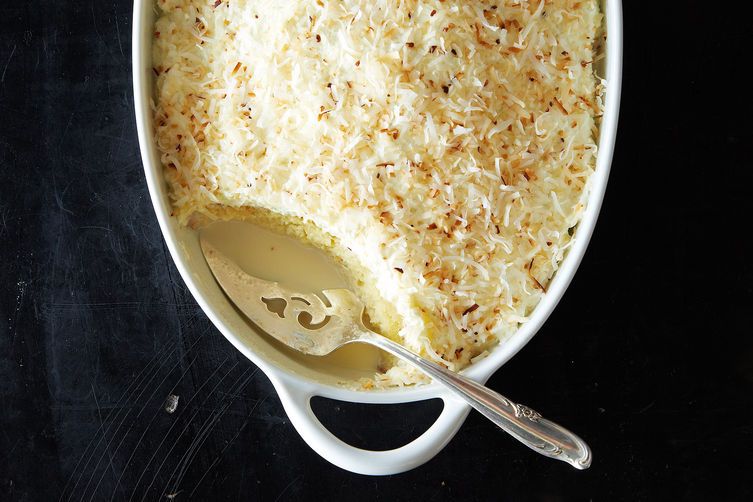

See what other Food52 readers are saying.